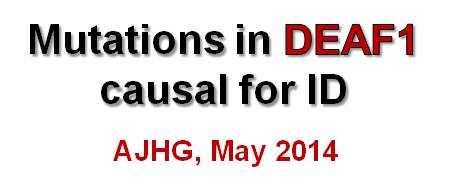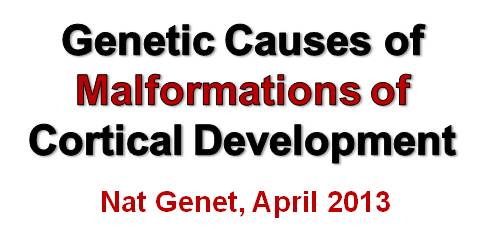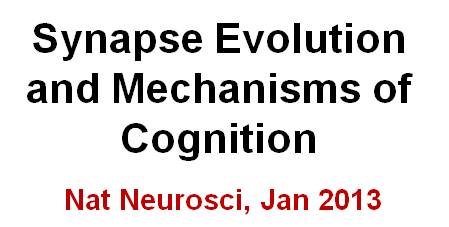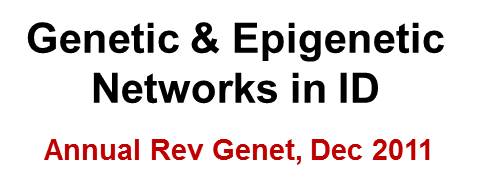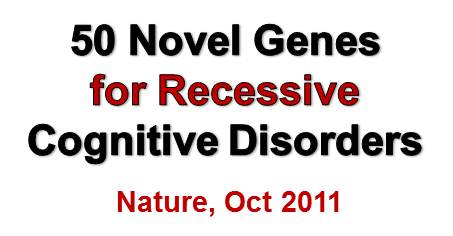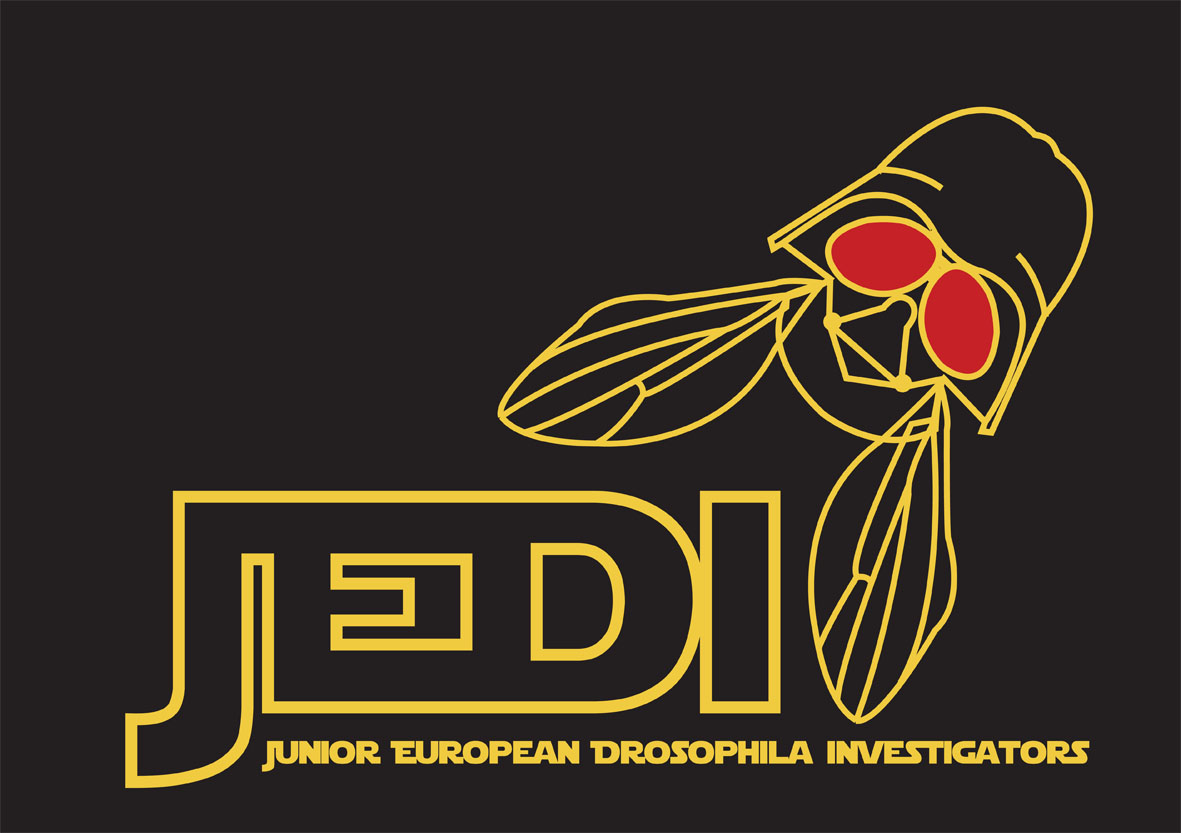Home
» Project
» Consortium
Partners
Collaborators
Scientific Advisory Board
Publications
» Photos
Patients and Family
Links
Contact
» Int. Conference 2013
» Int. CONFERENCE 2015
Login
Consortium >
Scientific Advisory Board
The following prominent scientists representing key aspects of the GENCODYS proposal have accepted to participate in the Scientific Advisory Board of GENCODYS:
- Stephen T. Warren is the William Patterson Timmie Professor & Chairman of Human Genetics, Professor of Biochemistry, Professor of Pediatrics. Department of Human Genetics. Emory University School of Medicine. Atlanta, GA. Dr. Warren is a founding Fellow of the American College of Medical Genetics and a member of the Human Genome Organization. Dr. Warren has held various committee memberships in the American Society of Human Genetics. He was elected to the Board of Directors in 1997 and elected President-elect in 2004. He serves, or has served, on the editorial boards of the major journals in human genetics. In 1999, Dr. Warren assumed the editorship of The American Journal of Human Genetics. Among his awards are the Albert E. Levy Faculty Award from Emory University, the inaugural William Rosen Research Award from the National Fragile X Foundation, and a MERIT award from the National Institute of Health. In 1999, Dr. Warren was awarded the William Allan Award from the American Society of Human Genetics, the highest international award in human genetics, for his research on fragile X syndrome. In 2003, he was an inaugural inductee of the National Institute of Child Health and Human Development’s Hall of Honor for the “identification of triplet repeat expansion as the cause of fragile X syndrome and as an entirely new inherited mechanism of genetic disease”. In 2004, Dr. Warren was elected to the Institute of Medicine of the National Academies, considered one of the highest honors in the fields of medicine and health.
- Nancy M. Bonini is the Lucille B. Williams Term Professor at the Department of Biology and an Investigator of the Howard Hughes Medical Institute at the University of Pennsylvania, Philadelphia, PA. Nancy Bonini is a renowned biologist, who successfully brings the power of Drosophila genetics to the problem of human disease. Her main research interest is in the mechanisms of human neurodegenerative diseases, including Huntington's, Parkinson's, and Alzheimer's diseases. She is using the powerful genetics of Drosophila to create models for human neurodegeneration in the fly, learn new insight into disease mechanisms, and uncover novel means of mitigating neuronal loss. Results of Nancy Bonini’s research have appeared in major scientific journals, such as Cell, Science, Nature Genetics and Nature Medicine. Among the rewards she has received are the David and Lucile Packard Fellowship for Science and Engineering; Basil O'Connor Award, March of Dimes; and the John Merck Scholars Award in the Biology of Developmental Disabilities in Children.
- Stylianos E. Antonarakis is Director of the Department of Genetic Medicine and Development, University of Geneva Medical School, Geneva. Stylianos Antonarakis is an international expert on medical, molecular and human genetics. His research work and accomplishments include the understanding of the molecular bases of monogenic disorders and complex genetic disorders including the beta-thalassemias, hemophilias, trisomy 21, and genome variability, and conserved non-coding sequences in human DNA. Dr. Antonarakis has published extensively (more than 520 well-cited papers) in the scientific literature; he is listed as one of the highly cited scientists by the ISI institute. He was the President of the European Society of Human Genetics, a member of the HUGO Council, a foreign member of the Academy of Athens, and a member of EMBO. He is the co-organizer of the European School of Genetic Medicine and taught in the Bar Harbor Genetics Course. He received numerous awards, including the International Jerome Lejeune Prize and the European Society of Human Genetics Award. His current interests and research projects are the functional analysis of the genome, effect of human genetic variation to phenotypic variation, the molecular pathogenesis of trisomy 21 and polygenic phenotypes, diagnostics and prevention of genetic disorders, and the societal implications of genetics and genome research.
Tasks: The Scientific Advisory Board will ensure a high standard of research and monitor the progress of the project by taking part in the annual General Assembly Meetings. Whenever appropriate, the consortium will consult the Advisory Board for recommendations to improve the performance of the consortium.
News & Events
2nd International Gencodys Conference
27-29 April 2015, Crete, Greece
"Integrative Networks in Intellectual Disabilities"
Successfully passed!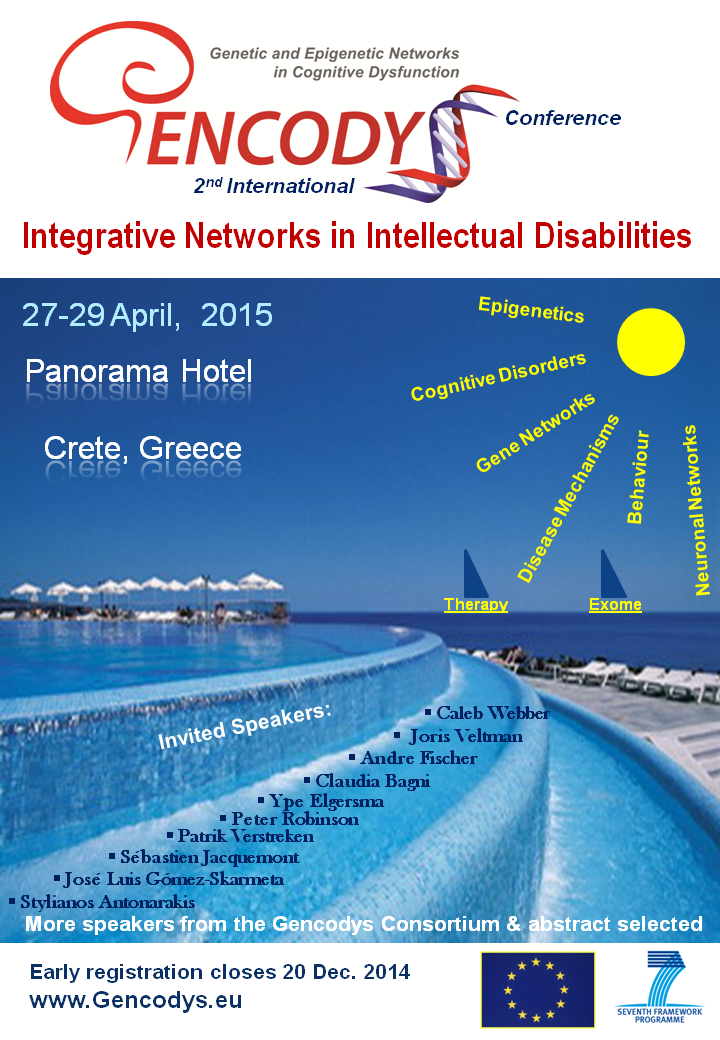
Reports of Patient Representatives Meetings:
International Conference April 2013 Successfully passed! 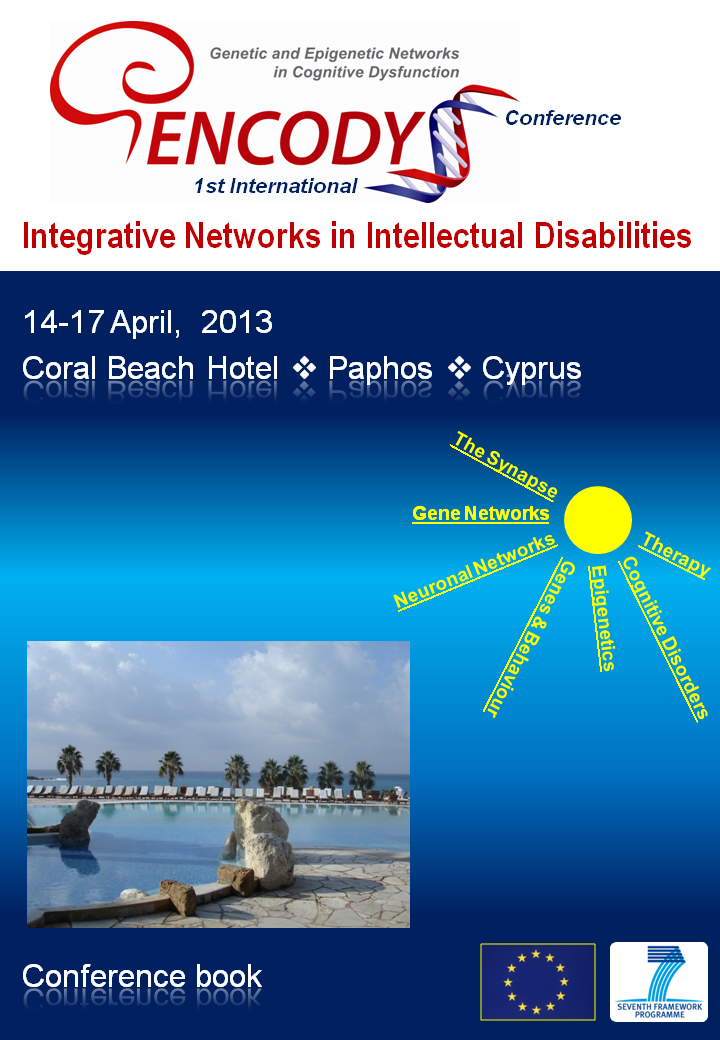
Events passed:
- Patient Representative Meeting at Eurodis Meeting, 28 May 2015, Spain
- 2nd International GENCODYS Conference, 27-29 April 2015, Crete, Greece
- Executive Board Meeting, 26 Nov 2014, Schiphol, Amsterdam
- Patient Representative Meeting (together with ACHSE), 1 Nov 2014, Berlin
- 4th Annual Consortium Meeting, 31 March - 2 April 2014, IMP, Vienna
- Executive Board Meeting, 27 Nov 2014, Schiphol, Amsterdam
- 3rd Annual Consortium Meeting, 18 April 2013, Paphos, Cyprus
- GENCODYS International Conference, 14-17 April 2013, Paphos, Cyprus
- Workshop WP3/ WP4, 5 & 6 Feb 2013, UEDIN, Edinburgh
- Executive Board Meeting, 16 Nov 2012
- 2nd Annual Consortium Meeting, 17-19 April 2012, Hotel Mercure Centre, Bordeaux
- WP1 - Euro-MRX meeting 16 April 2012, Bordeaux
- Executive Board Meeting 25 November 2011
- 1st Annual Consortium Meeting, 20 and 21 April 2011. ROME
- WP1 meeting 19 April in Rome
- Workshop WP1-WP4, 7-8 Feb 2011, Strasbourg

